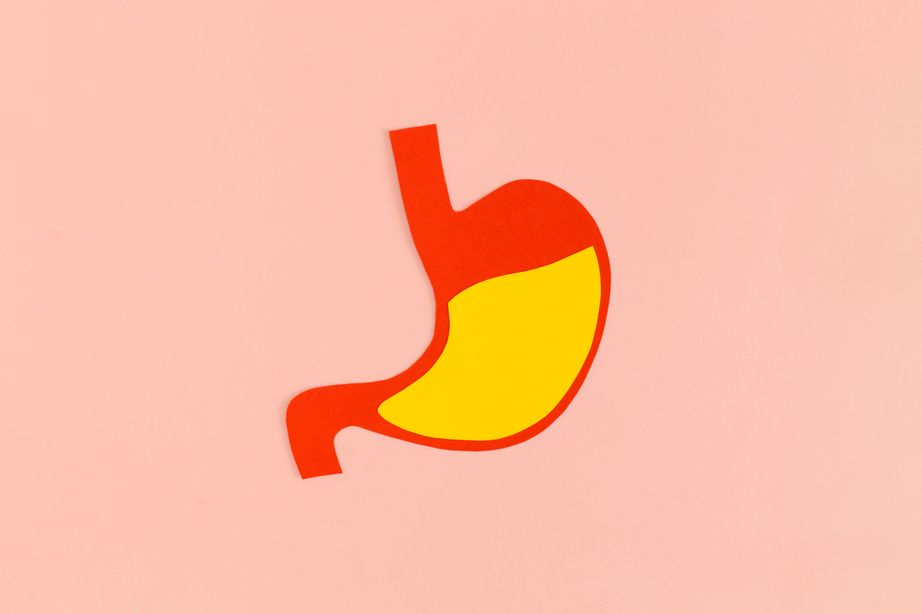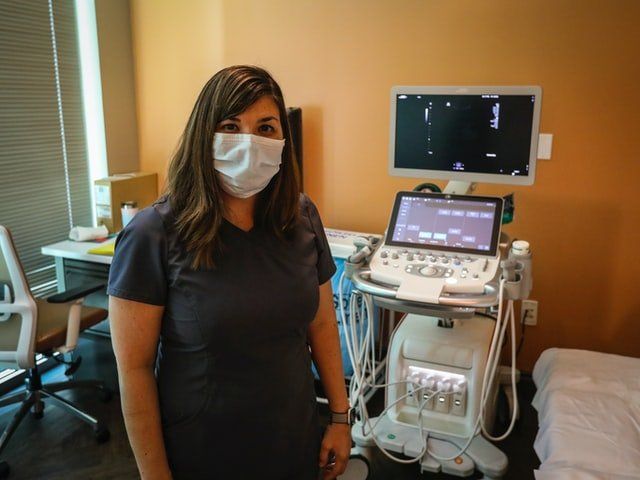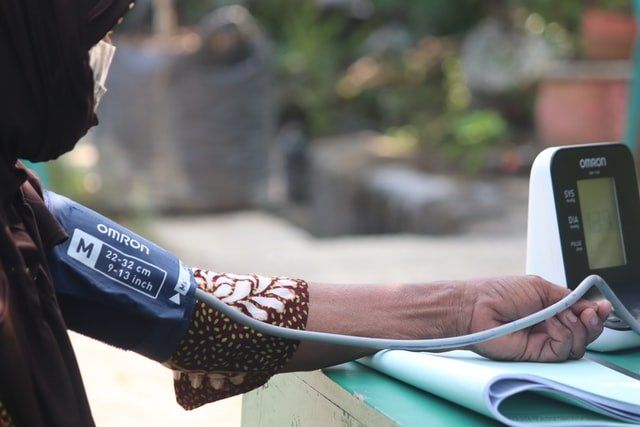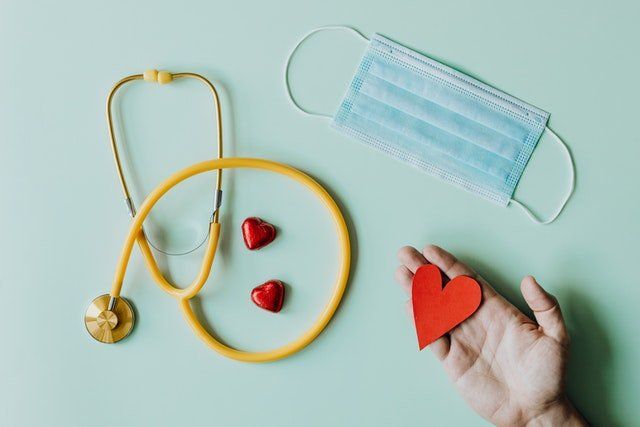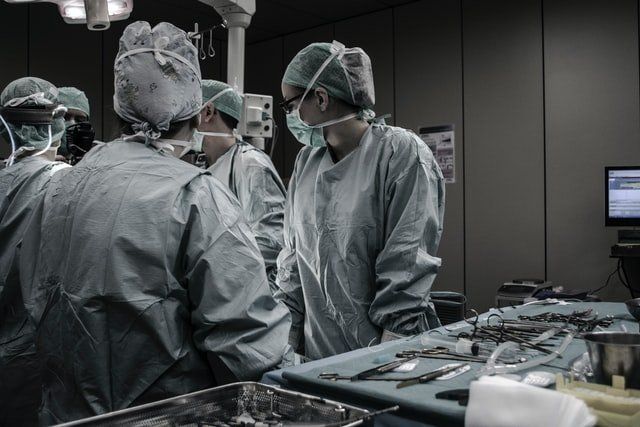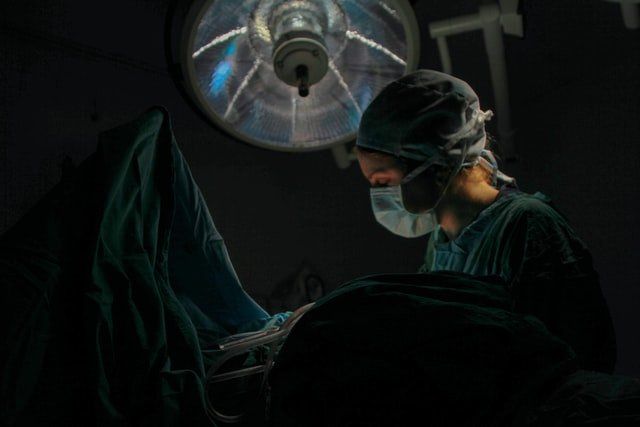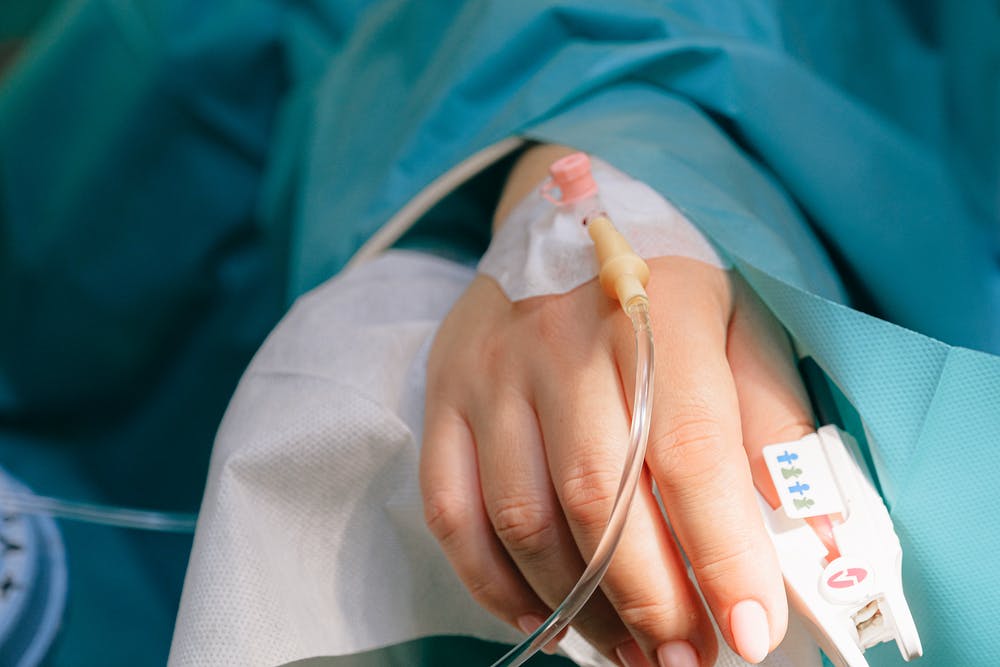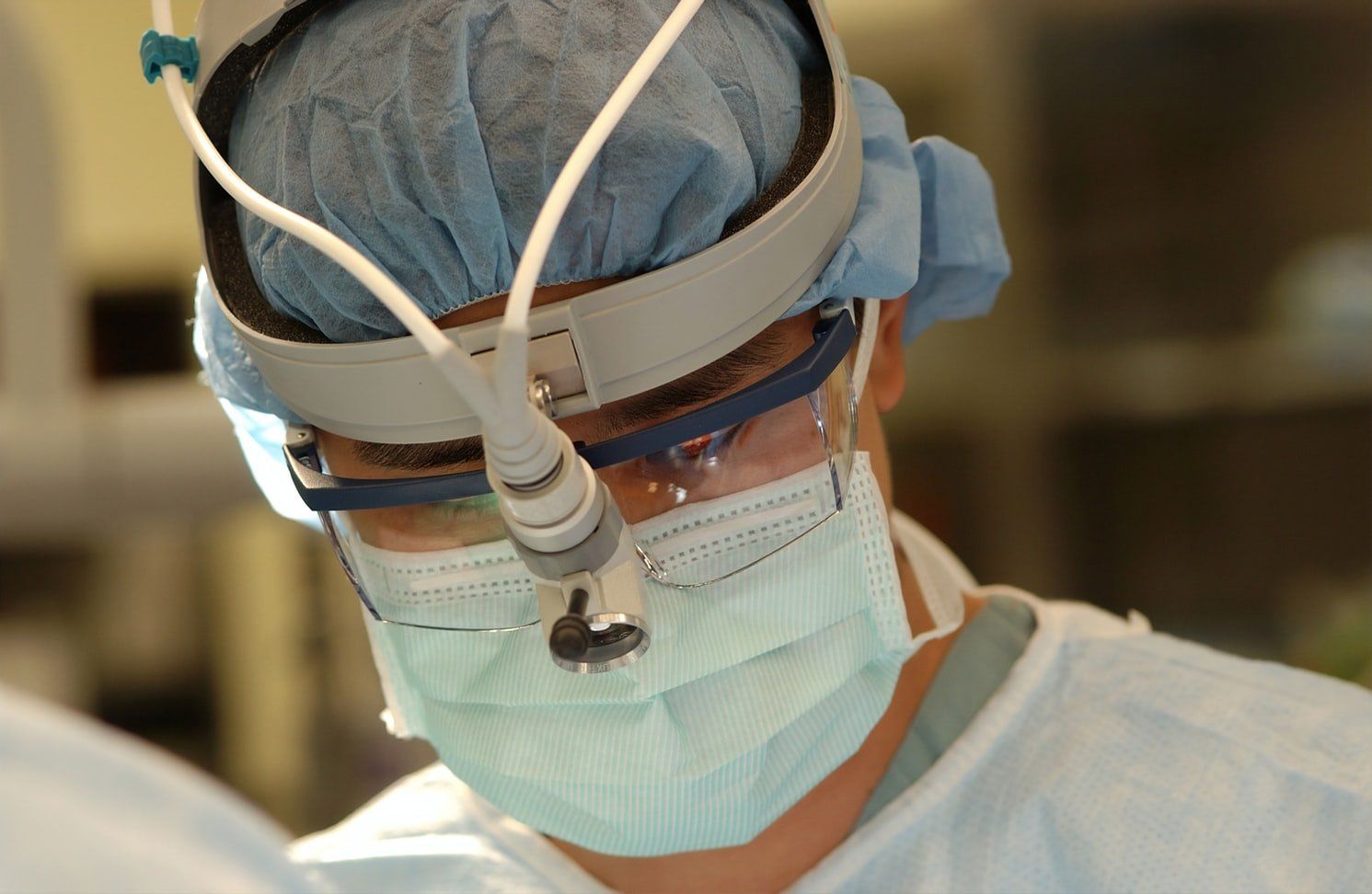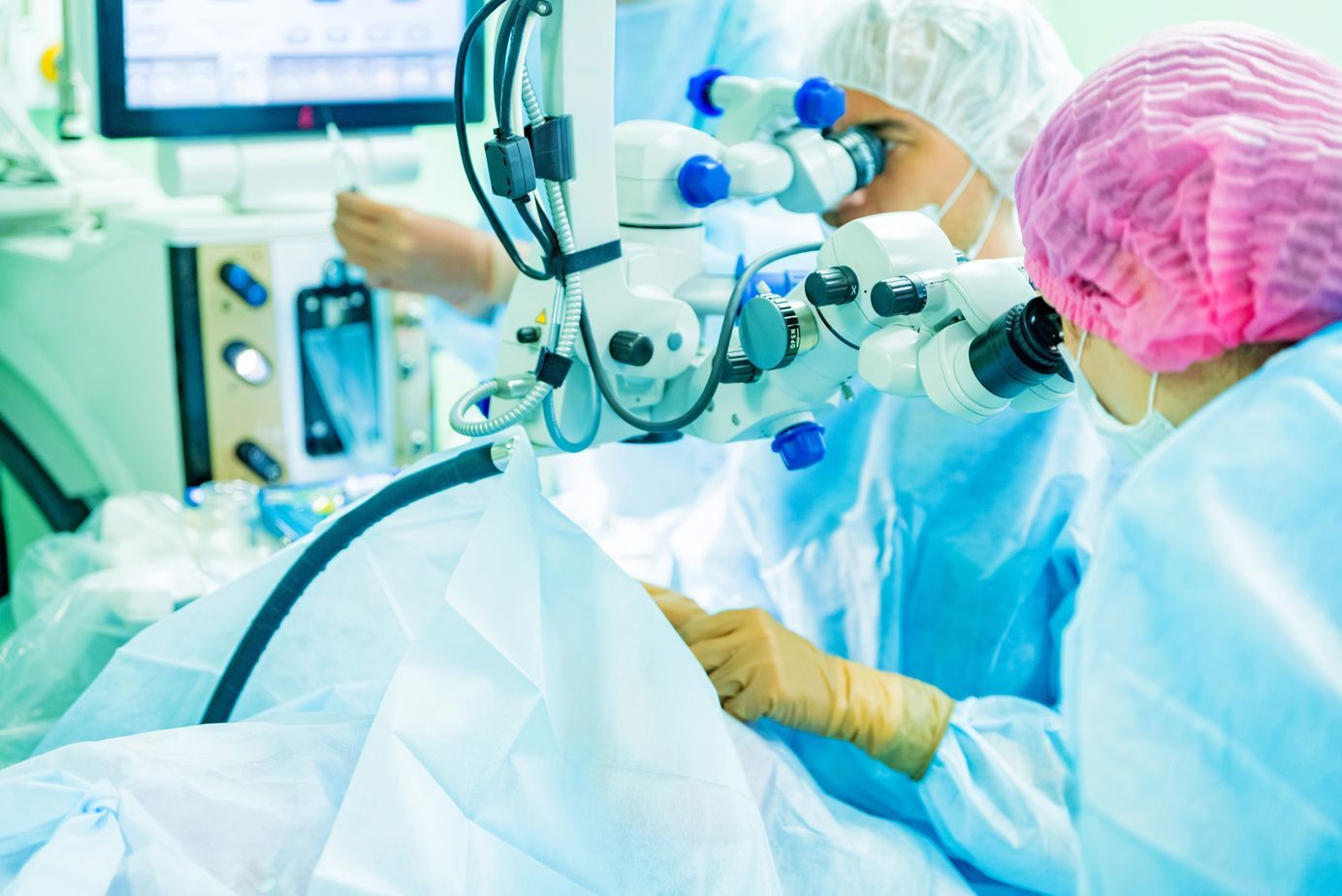Everything You Have to Know About Peptic Ulcers
Peptic ulcers are open sores that form on the lining of the stomach and upper small intestine. If the lining of the stomach or upper small intestine is irritated then it will produce excess stomach acid. The excess acid breaks down the protective lining resulting in a sore that manifests through a painful "burning" sensation in the stomach.
They are known to occur when someone is stressed, anxious, and depressed. However, the true causes of peptic ulcers are the presence of the bacterium Helicobacter pylori (H. pylori) and the excessive or long-term consumption of nonsteroidal anti-inflammatory drugs (NSAIDs).
Read on to discover everything you have to know about peptic ulcers.
The Symptoms
Some signs of peptic ulcers include burning stomach pain, indigestion, excessive belching, bloatedness, intolerance to fatty foods, heartburn, and nausea. Additionally, serious cases may later on manifest in vomiting blood (red or black), bloody stools, asthma attacks, brain fog and fainting, unexplained weight loss, appetite changes, and difficulty breathing.
While eating foods that buffer stomach acid or taking an acid-reducing medication often relieves pain, it may still reoccur.
The Diagnosis
To determine the presence of an ulcer, your doctor may take a medical history and perform a physical examination. You may then require diagnostic tests such as the ones listed below:
Lab Tests
Lab tests are done to see if you have H. pylori in your system. H. pylori can be found in the blood, feces, or breath.
Breath Test
During the breath test, you consume radioactive carbon. Following that, you blow into a sealed bag. If you have Helicobacter pylori (a bacteria that decomposes the stomach), your breath will contain radioactive carbon in the form of CO2.
Inform your doctor if you are taking an antacid prior to the H. pylori test. Depending on the results of the test, you may need to stop taking antacids for a while.
Endoscopy
Endoscopy is a procedure in which a hollow tube with a lens is inserted into the esophagus, stomach, and small intestine. Endoscopes are used to detect ulcers and are highly recommended if you are older, have bleeding, have recently lost weight, or have difficulty eating or swallowing. Even if your symptoms improve, if the endoscopy reveals an ulcer in your stomach, you should have a follow-up endoscopy.
Upper Digestive Tract Series
Through this method, the esophagus, stomach, and small intestine are all imaged during a barium swallow. You drink a clear liquid laced with barium, which coats your digestive tract and exposes ulcers.
Understanding EGD (Upper Endoscopy)
Otherwise known as
esophagogastroduodenoscopy, EGD uses a thin scope equipped with a light and camera to examine the esophagus, stomach, and first part of the small intestine, known as the duodenum.
Although upper endoscopy is usually done as an outpatient procedure, it may be necessary to do it in the hospital or emergency room to diagnose and treat conditions like upper digestive system bleeding.
This type of endoscopy can also detect ulcers and tumors, and inspects cancerous growths in the upper digestive system more precisely than X-rays. The endoscope can also be used to treat abnormalities.
The Preparation for Upper Endoscopy
You should notify your doctor if you are pregnant, have a lung or heart condition, are taking blood thinners, or have a bleeding disorder.
Blood pressure, heart, and thyroid medications can be taken with a sip of water prior to the procedure. Diabetics must adjust their insulin dosage on the day of the test. This process will be guided by your diabetes care provider. Remember to bring your diabetes medication with you so that you can take it after the procedure.
Make arrangements for a ride home after the endoscopy. Because of the sedation, you should refrain from driving or operating machinery for up to 8 hours after the procedure.
Conclusion
Now that you are well aware of peptic ulcers, it would be best to consult your doctor and prevent yourself from experiencing this unfortunate health condition. Perhaps you could also change your diet, get regular exercise, sleep well, and reduce your stress levels. As you gain more knowledge about what your body needs, the better your chances at steering clear from peptic ulcers.
Michel Kahaleh Gastroenterologist is a well-known
gastroplasty doctor backed by his experience across the industry. With our clinic’s service, you can improve your life significantly in a short time! Schedule an appointment and contact us today!

